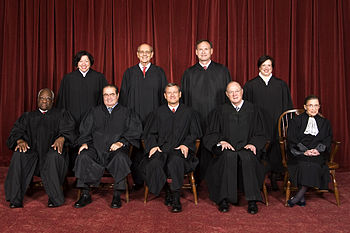By Glenn Wohltmann
Not too long ago, a friend’s offspring came home from a national meeting of teens on the East Coast. That young person asked to be addressed with the non-gendered pronoun “they” instead of being called “he” or “she.”
I understand the idea of gender-free language. Contrary to what I learned growing up in a rural area of upstate New York, people aren’t binary male/female, and now that more transgendered and nongendered folks are emerging from the shadows, it’s long past time to look at some revisions to the language.
A close friend of mine – someone with whom I went to college way back in the last century – recently decided he was she, although she decided to go only partway through with the process and is happy some- where in the middle. Since “they” decided to go only halfway, no gender-specific pronoun really applies.
I’ve watched a fair amount of language change: policemen became police officers, firemen are now firefighters, the word stew- ardesses yielded to flight attendants, mailmen became letter carriers (although my Mom jokingly suggested mailmen should become “people-people,” which makes a fine pun when said aloud). Dude is now applied to women as well as men. Mankind is now humanity, which still makes me want to reference the Hindenburg disaster.
Some language has stubbornly resisted becoming gender neutral – women are still blondes and brunettes, while redheads for some reason are now gingers; fiancée and fiancé remain stuck in their gendered spelling, although they’re pronounced the same way. The words waiter and waitress are still being used; wait staff doesn’t really cut it.
A big part of me recoils at the idea of using “they.” As a journalist, I was taught that city councils and businesses are an “it,” not a “they” – that is, they’re singular. I’m aware of the Jane Austin argument (Ms. Austin often used “they” as a singular), but it feels wrong to violate the rules I’ve used for more than 20 years.
British people use tons of words we don’t. No one I know calls an elevator a lift or goes to the loo, although queuing up has appar- ently gained some popularity in this country. And remember, the British still use “sir” and “lady” when honored by the queen. There’s yet to be a female knight (not counting “Game of Thrones”).
There are alternatives that date back some 250 years. Ze, as a third-person singular pronoun, was suggested as far back as the 1800s, and the south accidentally came up with part of the solution. Y’all, as in “How y’all doin” is pretty gender neutral.
E.B. White, the guy – sorry, the person – who edited William Strunk’s “The Elements of Style” suggested we dance around the gender issue entirely.
White suggests, for example, changing “The writer must address his reader’s concerns” to “As a writer, you must address your readers’ concerns.” Still, he admitted it could make crisp writing less so.
With a plethora of possibilities, and thanks to the LGBT Resource Center at the University of Wisconsin, here’s a list of potential alternatives. Don’t be surprised if they don’t catch on right away. We’ve only been looking for substitutes for a couple of centuries.



